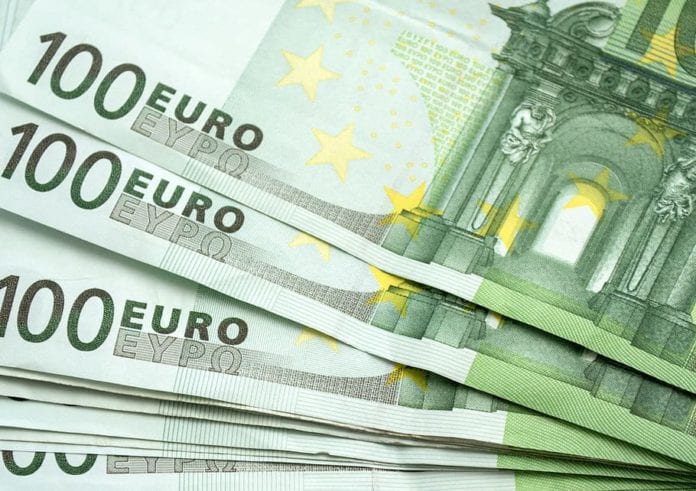When do you have to retire, and when is the right time to retire for you? The two could possibly be years apart if you’re thinking of cashing in your pension early.
Firstly, it’s important to understand what a pension plan, or pension fund, is in a modern context.
Most private pensions are essentially a form of investment fund, with your monthly contributions put into bonds, equities, or other money making assets.
For an occupational pension, a private company pension, the two main types are a defined contribution, or a defined benefit pension.
A defined contribution pension is based on contributions from your salary, typically with additional contributions from your employer, and its final value is based on the level of your contributions, and the performance of the fund it is invested in.
A defined benefit pension, in contrast, states the value of what you will be paid when you retire based on your salary, and how long you’ve been working.
In addition, a Personal Retirement Savings Plan (PRSA) is an individualised pension plan that is not tied to any employer.
In Ireland, with most private pensions, you can cash them in earlier than the retirement age once you hit 50 years old.
The main requirements are that you must no longer be in employment, and your pension must be with a private company, rather than a state body like the HSE or Gardaí.
As to how to cash in your pension early, this is not overly complicated, but there are pros and cons that should be taken into consideration.
Tax Free Cash
Pensions, like any other source of income, are subject to taxation. Occupational pensions offered by your employer are subject to PAYE tax, the same as when you were working.
However, the level of income you are earning on the pension may be below the threshold of what is taxable, depending on the amount you’ve saved.
But when you cash in your pension you have the opportunity to access a large portion of this without paying any tax.
In Ireland, if you cash your pension in at the age of 50, you’re able to draw down up to 25% of your total pension, or a maximum of €200,000 which is tax-free.
Another €300,000 can also be drawn down as a lump sum, but this will be taxed at 20%, meaning you could be paying €60,000 in tax on it.
Whatever is left after the lump sum must be reinvested in an Approved Retirement Fund (ARF), the income from which will be subject to PRSI and the Universal Social Charge.
Should you access your pension early?
Whether or not you want to cash in your pension early, or access the tax-free lump sum is dependent on your personal finances and plans for the future.
Getting that lump sum could be very helpful in clearing any remaining debts such as a mortgage, or other loans, which will save you money by reducing repayments, and their added interest costs.
But on the other hand, cashing in your pension early, and taking a large lump sum from it, will reduce the value of the pension fund over time.
You should consider whether you’ll be able to fund your desired quality of life if you access your pension early.
For the longest lasting, or highest paying pension pot, it is best to leave your pension invested in whatever fund for as long as possible.
It’s also worth taking into consideration that there are additional tax exemptions and tax credits for people over the age of 65, which will reduce the tax you pay on your pension if you wait longer.
Ultimately, it would be worth contacting a financial advisor to discuss what are the best options for your pension, and specific circumstances, rather than making a monumental decision in a hurry.













